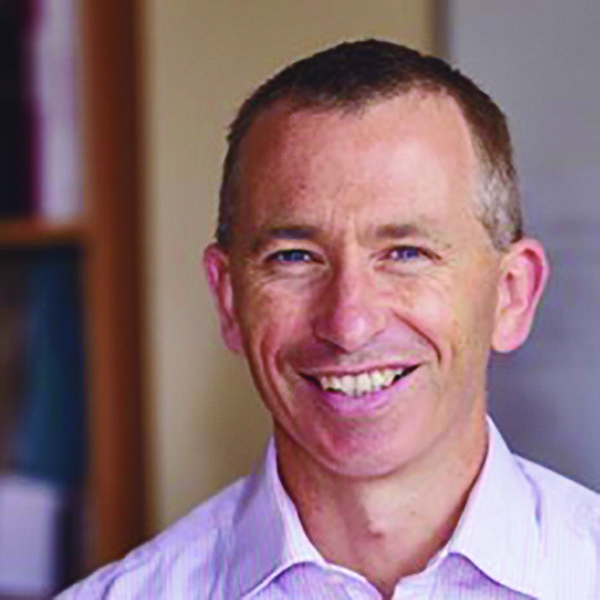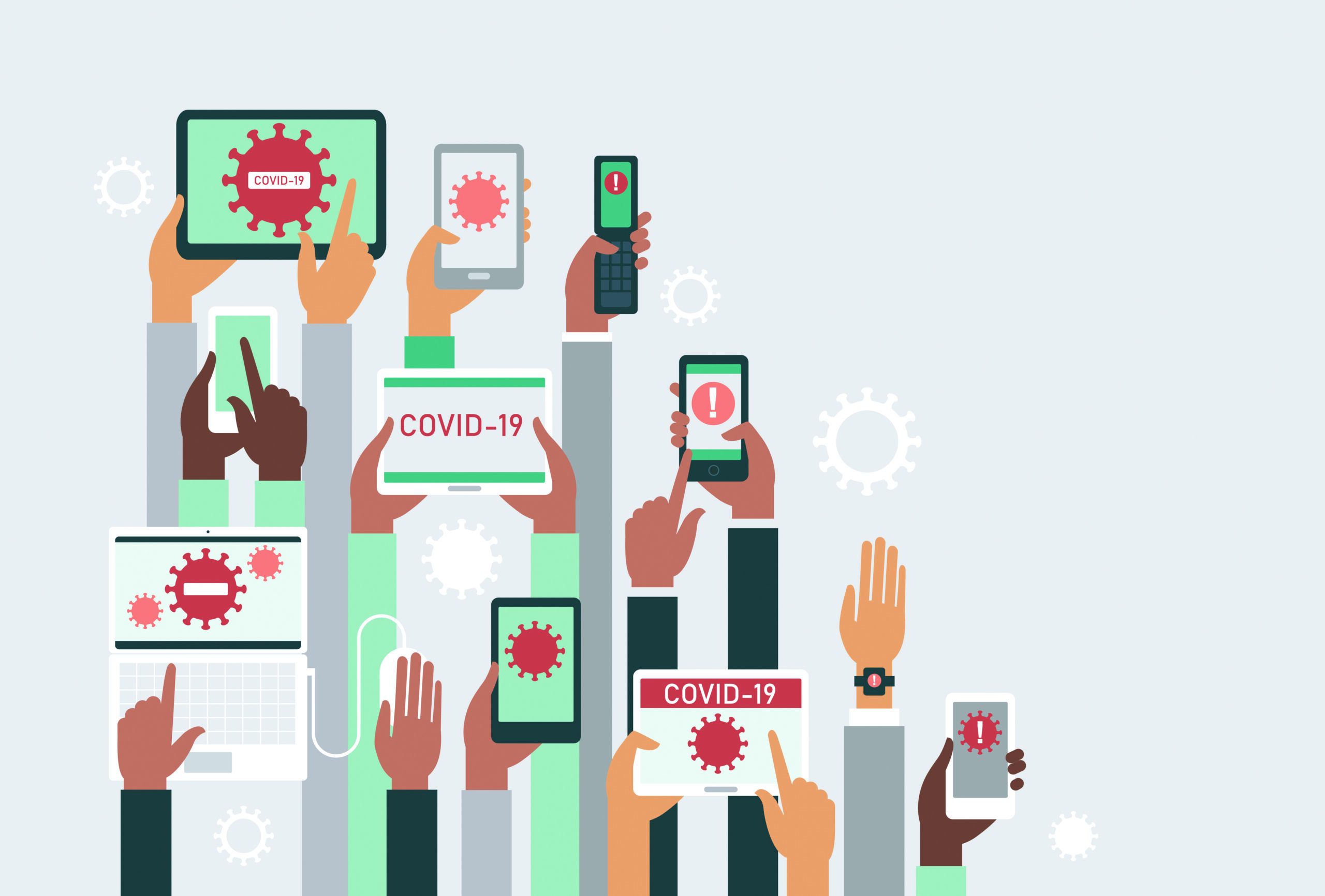GP and academic Prof Liam Glynn recently addressed the National Health Summit on the public health response to Covid-19. He talks to David Lynch about what we have learned so far in the pandemic
Working in academia as well as on the frontline of general practice during the pandemic provides Prof Liam Glynn, Professor of General Practice, School of Medicine, University of Limerick (UL), with a unique perspective from which to contemplate the health system’s response so far and what it can expect to face in the future.
He addressed this topic at the 17th National Health Summit, which took place as a virtual event on 10 February. Prof Glynn spoke at a morning session alongside HIQA’s Director of Health Technology Assessment, Dr Máirín Ryan, and Visiting Professor of Public Health, Bristol University, UK, Prof Gabriel Scally.
The speakers addressed the public health response to the pandemic and answered three questions: What have we learned? What can we do better? Are we ready for the next pandemic?
Looking at what the Irish public health system has done best during the current crisis, Prof Glynn pointed to communication as having been delivered “incredibly well in this country”.

“I have to say, I think this is number one,” he told the Medical Independent. There has been a strong line of communication directly from the Chief Medical Officer Dr Tony Holohan to the public through the televised briefings, he explained.
This has been important because “obviously the key weapon we have against the virus, until we roll-out the vaccine, is human behaviour and communication.
“So you have got to have the population onside and keep them onside. This is a marathon not a sprint… it’s about trying to keep people motivated and to do the right things.”
On what has not been done so well, Prof Glynn reflected the concerns of many regarding travel in and out of the country.
“I think the border is a huge issue,” he warned. “We have this advantage of being an island, but we have not used it like a lot of other island nations.”
Prof Glynn highlighted the progress that has been made by jurisdictions, such as Iceland and the Faroe Islands.
“I’m not saying you can do a direct comparison, but when you look at their approaches to people coming into their country, it has been totally different (to Ireland), and they have had a really good level of control over people coming in and out,” he said.
“Of course, it is complicated by our border with Northern Ireland, but that wasn’t a complication for the foot and mouth disease outbreak and there was an island approach on that occasion. So surely we could get this right… but it is something that we just haven’t done.
“But look, there is time yet. This thing isn’t over… we know we have the best part of the next 12 months (to go) and God knows what other surprises we are in for.”
Social media
Along with GP and researcher Dr Mike O’Callaghan, Prof Glynn has been active on social media (@LiamGGlynn) since the beginning of the pandemic with the #COVIDWATCHIRL and #COVIDWATCHEU hashtags on Twitter.
Through this service, they have delivered regular data on Covid-19 cases. This has been a hugely valuable source of information for other doctors, the media, and the general public. Prof Glynn recently received the University of Limerick’s President’s Award for his work on #COVIDWATCHIRL.
The information and some international data are also available on the interactive website, covidwatcheu-npa.shinyapps.io/covid/. On 23 January, highlighting some of the recent information on the website, Prof Glynn tweeted: “Our interactive website is updated in real time [and] shows many of our countries find themselves on the back foot this January. Let us refocus our efforts to drive this virus activity down. The best Covid is as little Covid as possible.”
We have this advantage of being an island, but we have not used it like a lot of other island nations
But in general, how does he assess the role played by social media during the pandemic to-date?
“Well in some ways I think it has been a bit of a double-edged sword,” said Prof Glynn.
“On the one hand, it was used to motivate everyone to get on board on what was needed to be done (with the public health measures), because we have asked people to do incredible things that they have never done before.”
It is “important to use the open source data that is out there, to try and make the argument” that the public health measures should be followed.
“But information can travel so fast online, and misinformation can spread equally as fast. We have now seen anti-vaccine stuff and other misinformation that can spread like wildfire.
“But I definitely think social media is an important tool and we need to think about it as such.”
Telemedicine
Prof Glynn is also a rural GP in Ballyvaughan in Co Clare. Like all those working in general practice, he has witnessed an intensification in the use of telemedicine over the last year. He is of the opinion that there are both pros and cons to the technology.
“We have seen how useful it can be,” said Prof Glynn, who added that it was particularly valuable during the first wave of the virus, when it “allowed patients to be seen and stay safe”.
However, he thinks that the recent experience of telemedicine has also “shown the limitations of it and how the value of face-to-face consultation is so important to general practice”.
“I really don’t think that is going to change. Sure, there are some low complexity consultations that can be done (via telemedicine)… and technology can help with consultations of medium complexity as well.
“But when you get down to higher-end consultation complexity when patient communication, rapport, all these types of things become really important to the success of a consultation; there is no doubt that face-to-face consultation has advantages.”
Prof Glynn recalled that following the first Covid-19 wave, the partial lifting
of public health restrictions witnessed patients streaming back to surgeries “in big numbers”.
He said that many patients “were showing with things that they were just not happy with being dealt with via telephone or teleconference”.
Physical exercise
Prof Glynn is a Fellow of the Royal College of General Practitioners and the RCSI. He has over 196 publications and over 4,500 citations. One of his primary research areas of interest is preventive medicine with a focus on physical activity.
With the rolling lockdowns and the public health measures introduced to prevent the spread of the virus, physical activity has become more challenging for many people.
However, Prof Glynn said that recent research on Google data is showing an increase in online searches for exercise programmes and “ideas on how people can engage with physical activity through the lockdown”.
He believes many people are using lockdown as an opportunity to re-examine their physical activity, “seeing it as an opportunity. It really is a situation where needs must.”
“A lot of people are struggling from a mental health point of view and we know how important physical activity is in that situation,” he added.
“There are a lot of reasons why people are looking to engage (in physical activity). I think there is a real sense with people working from home of the importance of routine, otherwise one day just turns into the
next because you are not getting up to commute into work. Before the pandemic you might have gone to the gym on the way home from work.
“Now you have got to plan your own routine yourself at home or within the 5k.”
He noted that even when the pandemic passes “we will never go back to the way we were in terms of working from home”.
“A lot of people will take the opportunity to continue that situation of remote working or working from home. Some people are taking this as an opportunity to reboot their entire life and boost their physical activity from home”.
The 17th National Health Summit (https://healthsummit.ie/) took place on 10 February. See the next issue of the Medical Independent for full conference coverage.












Leave a Reply
You must be logged in to post a comment.